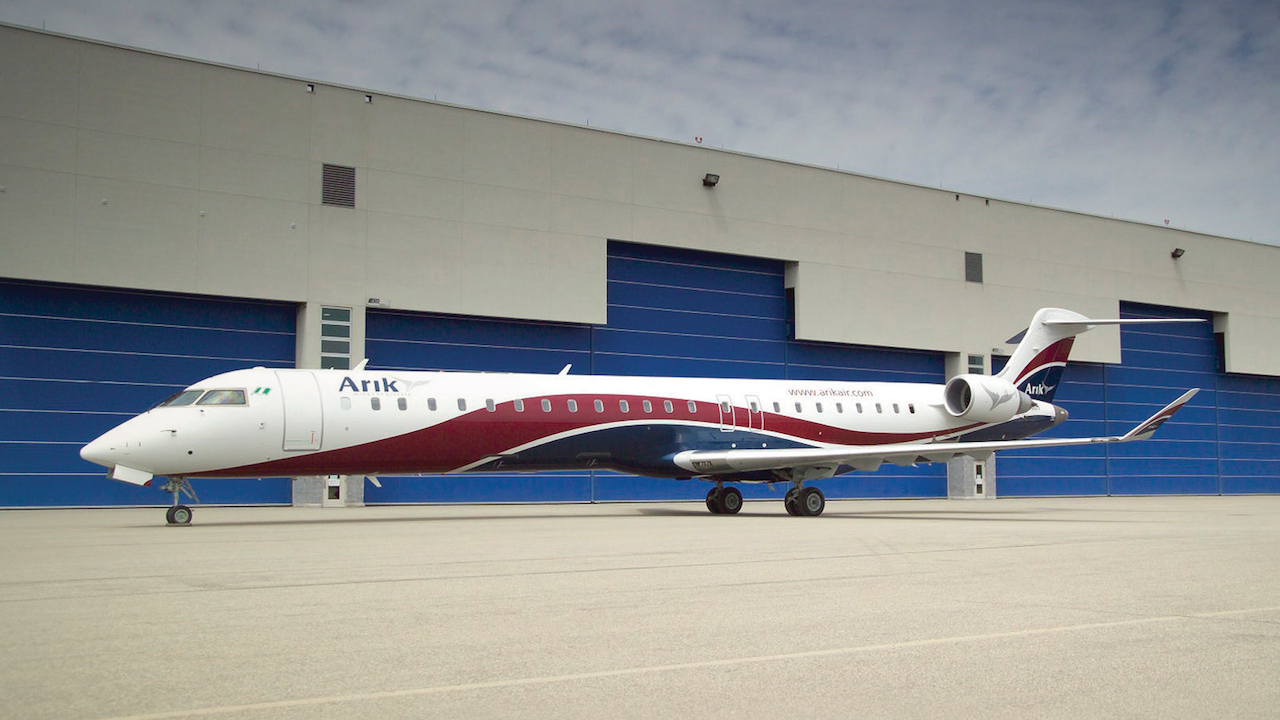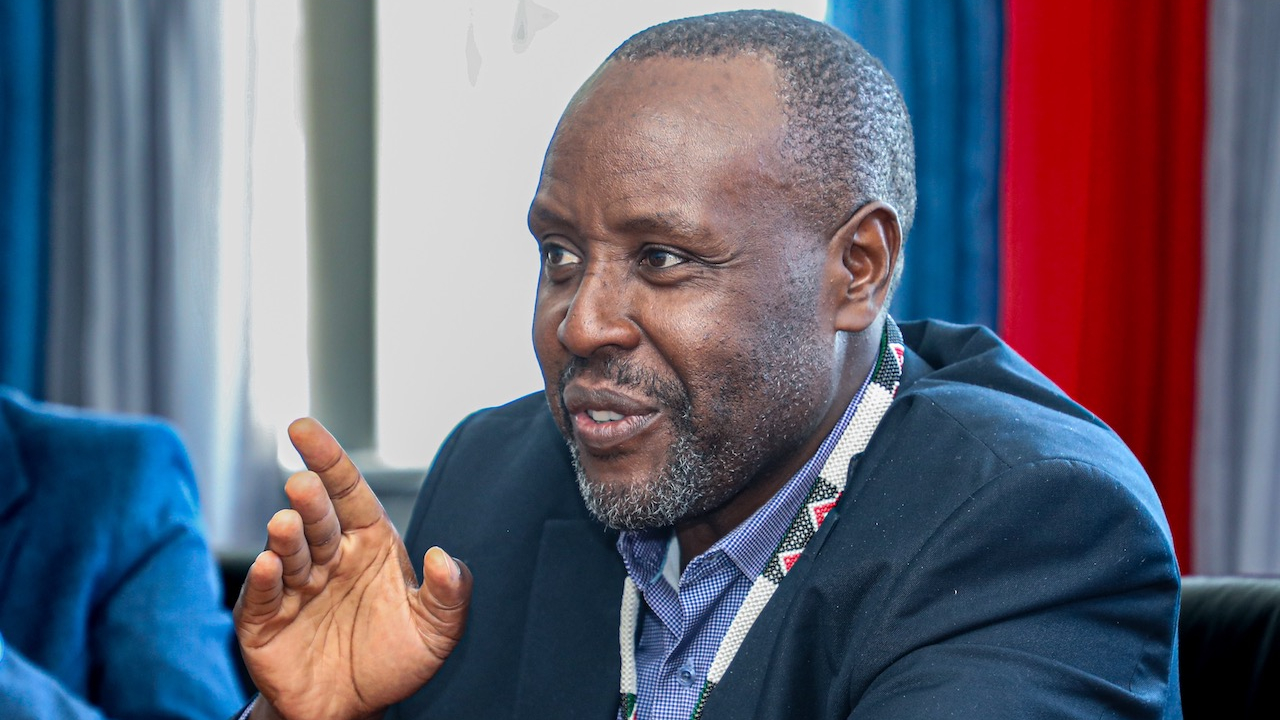Easy leasy?
The Nigerian government’s decision to sign up to the international agreement that governs the aircraft leasing market may make it easier for the country’s airlines to expand their fleets.

The first use of the Cape Town Convention in Nigeria saw a Bombardier Regional Jet of Arik Air repatriated to Canada. IMAGE: Bombardier
Nigeria’s adoption of the Cape Town Convention (CTC) should make it easier for the country’s airlines to access the global airline leasing market.
For many years, lessors have effectively blacklisted the West African nation, concerned that they would be unable to force the country’s airlines to return leased aircraft in the event of a carrier defaulting on lease payments.
In September 2024, however, Abuja signed up to the CTC, which sets international legal parameters defining ownership rights of high-value aviation assets. It seeks to solve the problem with individual nations’ legal systems having different approaches to securities, title retention and lease agreements, which creates uncertainty for lending institutions.
The CTC has already been tested in court. In a decision late last year, the Federal High Court in Lagos allowed Export Development Canada (EDC) to repossess a Bombardier CRJ1000 regional jet operated by Arik Air.
“First victory in court in Nigeria courtesy of the Cape Town Convention,” Nigeria’s minister of aviation and aerospace development Festus Keyamo posted on his X (formerly Twitter) page early this year. “The courts applied the CTC to the fullest and allowed instant repossession of an aircraft.”
Nigerian legal publication Lawyard noted that the case “marks a pivotal moment for Nigeria’s aviation sector, highlighting the country’s growing commitment to international leasing standards, particularly those of the Cape Town Convention.”
The problems facing Nigerian airlines are well-known – small fleets, often consisting of elderly aircraft, that are insufficient to serve the needs of a nation of more than 235 million people. Several Nigerian carriers have failed in recent years, or have been taken under government control by the Asset Management Corporation of Nigeria (AMCON). AMCON has said it may still liquidate Arik Air, which has failed to repay debts.
Part of the problem is that many Nigerian airlines are owned by individuals – wealthy people, but whose funds are arguably insufficient to run an airline, or to buy new-build aircraft. Leasing offers a way for the country’s airlines to expand their fleets with more modern aircraft less expensively than purchasing outright. Long-running plans to set up a new national airline with the help of Ethiopian Airlines foundered last year in the face of objections from some Nigerian airlines.
Stay up to date
Subscribe to the free Times Aerospace newsletter and receive the latest content every week. We'll never share your email address.


